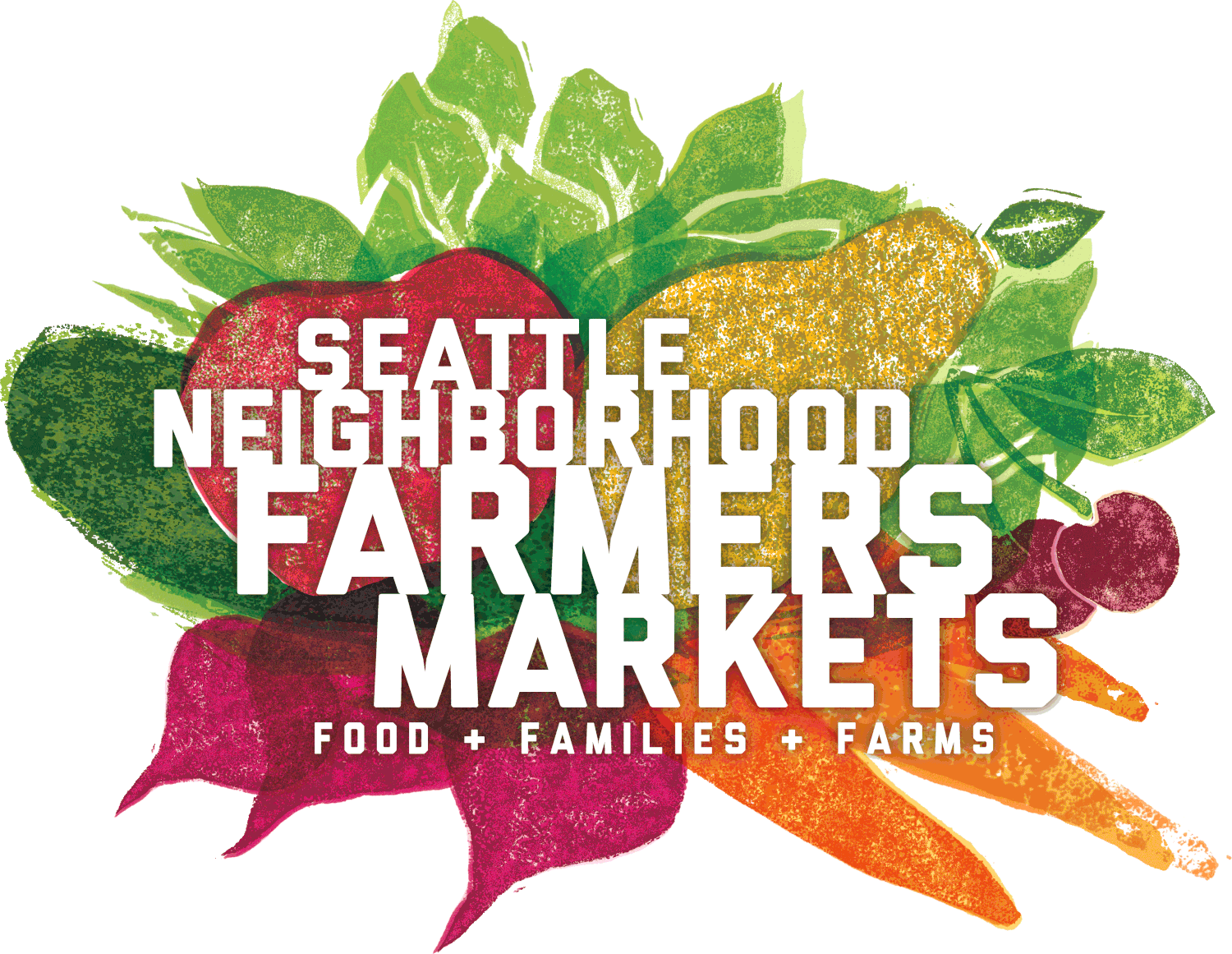Meet Our Vendors: Eternity Farm
Kimmy and Emma in a phacelia-heavy section of cover crop on their farm
It’s no secret that farming is not a job for the faint of heart. From the ever-changing climate to intensive manual labor, taking on farming has to come from a place of passion, drive, and resiliency. Kimmy and Emma of Eternity Farm certainly exhibit all three.
They built their ¼ acre Camano Island farm on the value of reciprocity, asking themselves “how can we give back to others, and the ecosystems we’re inhabiting?” Food justice and regenerative practices have been important to both of them since before they got into farming.
Emma grew up in Philadelphia, spending lots of time in her mom's and grandparents’ garden. She began organizing food justice in college, where she advocated for more sustainable options on campus. She went on to volunteer on a farm on Long Island before moving to Ellensburg, Washington to work on a farm owned and operated by adults with autism. She fell in love with Washington and moved to Seattle before she and Kimmy moved to Camano Island to work on their own farm.
Kimmy got into farming because they were feeling urgency with all of the climate, social, and political issues. She took a permaculture design course, which led them to start gardening and taking more farming-related classes. They spent a summer working on a farm in Carnation before she moved to Camano Island with Emma to start Eternity Farm.
Eternity Farm uses sustainable and regenerative practices to maintain the produce. Their goal is to make the farm as regenerative as possible. “Sustainability isn’t enough anymore,” Kimmy explained. Some of their practices include sheet mulching, which is the practice of layering organic matter to smother weeds, build soil, and conserve water. They don’t use any heavy machinery; a wheelbarrow is the biggest tool they use on the farm.
Another practice that makes Eternity Farm unique is their use of JADAM farming, which is built on the foundation of Korean Natural Farming and involves fermenting and brewing their own fertilizers. "The objective of JADAM is to bring farming back to the farmers; to restore the farmers’ sovereignty in technology; spread an ultra-low-cost method of farming; and ultimately open a new world where farmers, consumers, and mother nature are in harmony,” according to the JADAM website.
These regenerative practices can be extremely time-consuming and labor-intensive, but it is important for Emma and Kimmy to do as much as they can to support small-scale sustainable farming practices.
One of the biggest challenges facing the small-farming industry is trying to recruit more young farmers to take on the labor-intensive work of running a farm, and trying to transfer farmland to farmers rather than giving it up to developers. Kimmy is part of the National Young Farmers Policy Committee, which is an organization working to tackle those issues head-on.
You can support Kimmy and Emma and their hard work at the Columbia City Farmers Market on Wednesdays from 3-7!

